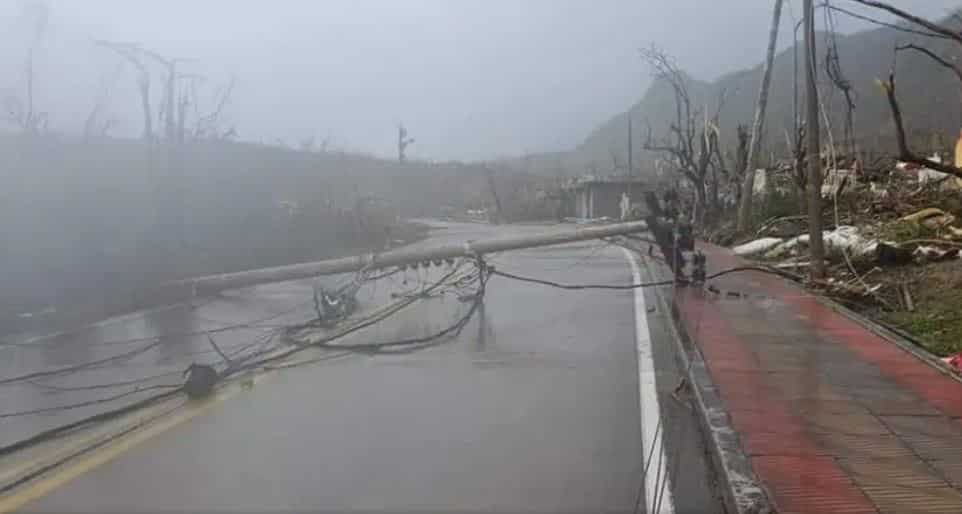It hit on 16 November 2020. Hurricane Iota was the first-ever category 5 hurricane to land at Providence Island: another climate record to unsurprisingly fall. Almost a year later, reconstruction on the island has barely begun.
I was lucky enough to visit the beautiful Providence Island many years ago. It’s located closer to Nicaragua than the Colombian mainland, but has more in common with Jamaica than with either.
With its unique location between Central and South America and the main Caribbean islands, Providence became the base for the pirate Henry Morgan in the 1600s. Rumours of buried treasure abound, along with the more tangible ruins of forts and cannon.
In more recent times, Providence was famed for its relaxed atmosphere, dive spots, fishing, beach bars, reggaeton and permissive attitude to marijuana.

Last November, Colombian news was reporting that Hurricane Iota had destroyed 98% of Providence Island’s infrastructure. Barely a house or tree was left standing.
You can donate to Providence Island’s reconstruction here.
After the hurricane, President Iván Duque promised 130 houses would be built in the first 100 days. The island would be rebuilt “like divine providence,” the president said.
By April 2021, not a single house had been rebuilt by the government. Residents, whose local economy is completely dependent on now non-existent tourism, have been repeatedly taking to the streets in protest since June.
More insidiously, the Colombian Navy is taking advantage of the crisis for its own ends. After shipping food and water to the island in the aftermath of the hurricane, the commanders decided not to leave. There are even allegations, based on this video, that the military seized aid meant for the people of the island.
The navy now intends to turn the former town-and-tourism centre of Old Town Bay into a naval base, revisiting plans it abandoned following protests from locals in 2015. This is sure to ruin those locals who were able to take out loans to rebuild in a bet on tourism returning.
In some parts of the world, hundreds of billions of dollars are being spent just in protective works against climate change. But far from Singapore and Miami, Providence is testament to the effects of climate change in parts of the world outside the circuits of capital.
The Colombian state, a close US ally, is notoriously neoliberal and repressive, but the same can be said of most of the formerly colonised countries. Most world governments see people and places that no longer have value to the capitalist market as simply having no value at all. When climate-induced disasters hit those places, the people are being left to fend for themselves.
You can donate to Providence Island’s reconstruction here.